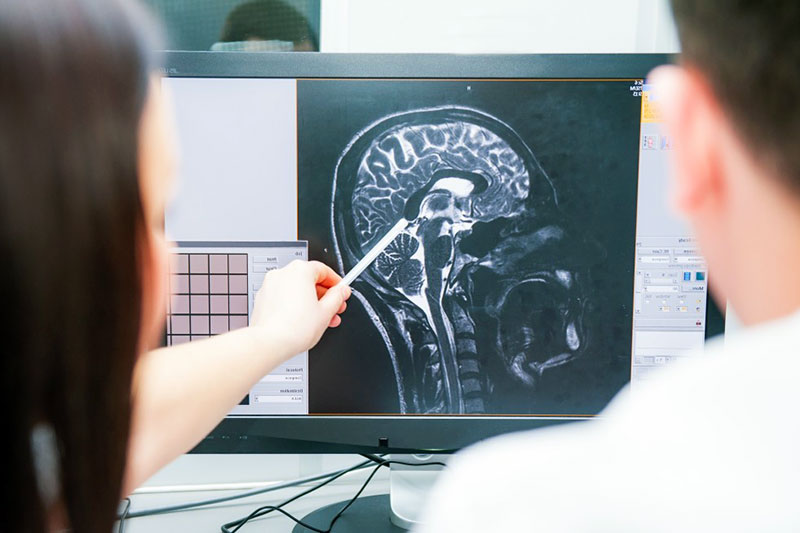
If you have ever been diagnosed with a TBI (traumatic brain injury), sometimes called a concussion, no doubt that you will remember the shock, dizziness, or ringing ears. Recent studies indicate that more than 2.8 million Americans are diagnosed with TBI each year. Sports injuries, airbag deployment, trips, falls, and even extremely powerful sound blasts can cause severe damage if they involve the head, and the risks of serious harm increase exponentially with age.
After experiencing a traumatic brain injury, the first thing to do is to get checked out by a doctor and report any issues, even if you don’t have any. In many cases, symptoms may not appear at first, and it might take time to show up and get noticed, so it’s essential to establish a record so a detailed timeline of post-accident life can be measured. For many, however, problems are not identified until long afterward.
There is mounting evidence that hospitals are undertreating brain injuries that are considered mild. When a traumatic brain injury is deemed to be mild, doctors will use the less alarming term “concussion.” But, even if the effects are somewhat delayed, any blow to the head or brain could very easily result in injury. In a recent study of 395 patients who reported a mild head injury, 27 percent had sustained a lasting injury that required therapy. If you have had a brain injury or concussion in your history, it’s important to talk about it with your doctor or audiologist; you may have been underdiagnosed or misdiagnosed.
The auditory problems that can result from a traumatic brain injury can linger for years, and for many, they can become permanent. The most common reason given by retired military service members filing for compensation disability is tinnitus (ringing in the ears).
Common auditory issues may include:
- Tinnitus (ringing in the ears)
- Acute hearing loss
- Sensitivity or intolerance to noise, loudness, or specific sounds
- Aural fullness or “Full” ears (feel like they are clogged or can’t pop)
- Vestibular issues or problems with balance also associated with TBIs may include:
- Vertigo
- Persistent motion sickness
- Balance problems or general unsteadiness
- Acute dizziness that is re-occurring or long-lasting
These symptoms may be mild while sometimes lasting for years without treatment. In truth, most people who have tinnitus have some form of hearing loss, even if they are unaware of it. Many of the current therapies for tinnitus are state-of-the-art, from masking hearing aids to cognitive-behavioral therapy and sound therapy have been able to provide relief to people of all ages with a wide range of hearing loss issues. If you have been experiencing any combination of these issues, talk to your doctor and schedule an appointment with an audiologist right away.